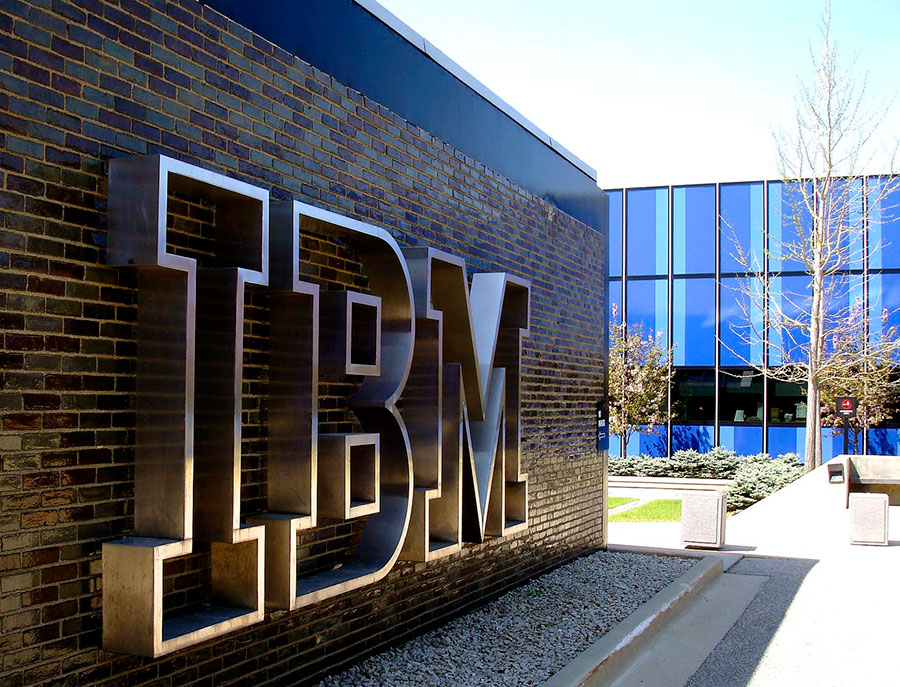IBM, Alphabet Inc., Hewlett-Packard Enterprise Co., Dell Technologies Inc., Advanced Micro Devices Inc., Micron Technology Inc., Nvidia Corp., Mellanox Technologies Lid., and Xilinx Inc. are joining forces to make servers faster. The initiative puts Intel at risk.
Servers current circuitry is not fast enough, and International Business Machines Corp. has promised to speed the data transfer in servers up to ten times. The group hopes more companies will be part of the team to improve servers speed. Standard microprocessors are getting faster, but their performance is usually delayed because they need to fetch data from nearby memory chips, graphic chips or other elements used to handle certain tasks.

Brad McCredie IBM vice president, said that his company and others need to bring new computer architectures and technologies to offer the appropriate service to new workloads.
Corporations are also asking variety, referring to Intel and its vast market regarding microprocessors and the technology that connects them to other components.
IBM has licensed its technology since 2013, which was exclusive to the company and offers Power-based chips, other markers of chips and systems. After that, Google announced a plan to develop a server using IBM’s Power chip.
But there is more; a Google spokeswoman said the searcher also intends to use the IBM-developed communications technology as part of Google’s design, The Wall Street Journal reported.
IBM’s new technology is called CAPI, and the group that intends to use it to speed up servers is being called OpenCAPI. CAPI means coherent accelerator processor interface, and the word “coherent” refers to technology that allows multiple components to share a similar pool of memory chips. Those components will be cards containing graphic chips and microprocessors.
IBM vs. Intel: International Business Machines Corp. other interests behind CAPI
IBM wants alternative after their servers, which are powered by IBM’s Power chips, declined 34 percent to $1.3 billion in the second quarter of the year, according to estimations from International Data Corp. In contrast, those using x86-based designs powered by Intel or ADM increased 7.3 percent to $11.6 billion.
Intel supplies the majority of microprocessors used in servers and has invented the vast majority of the technology that connects chips with other components.
OpenCAPI is an advantage to the emerging bottleneck regarding some computing jobs. According to analysts, the group’s approach is an advantage compared to the standard connections that are currently used on most servers. And although Intel’s participation would be significant to OpenCAPI, there is no certainty that the company will join the group.
Source: The Wall Street Journal
